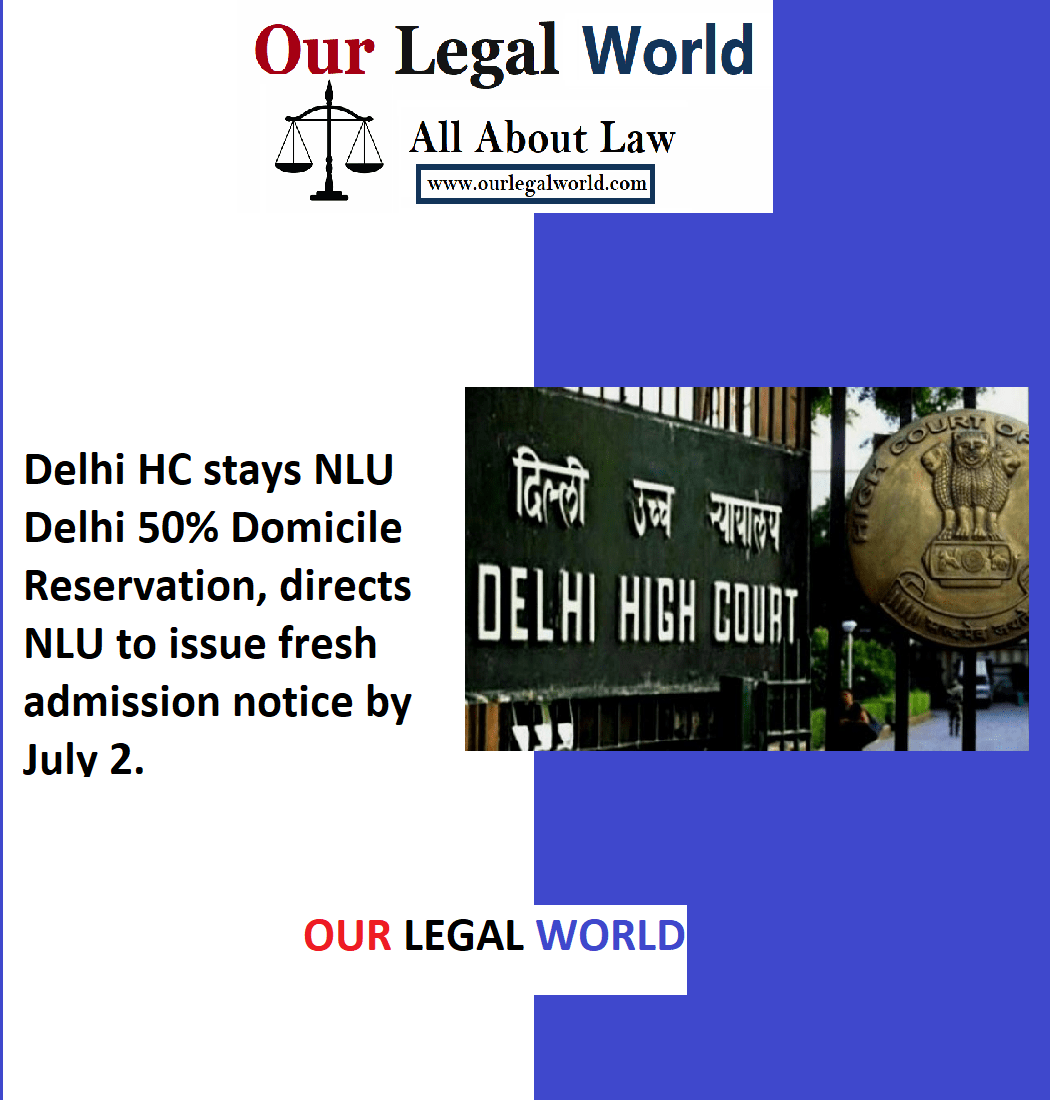Criminalization in Politics Case: SC directs Political Parties 6 mandatory directions to end the criminalization of Indian politics
The Supreme Court directed political parties to upload details of candidates with criminal backgrounds on their official websites as well as in newspapers and on social media (Rambabu Singh Thakur v. Sunil Arora & Ors.)
The Bench comprising of Justice RF Nariman and Justice Ravindra Bhat observed that over the last four general elections, there has been an alarming increase in the incidence of criminals in politics and delivered a Judgment on the contempt petitions regarding the criminalisation of politics in India and the non-compliance of the directions of a Constitution Bench of Supreme Court in Public Interest Foundation and Ors. v. Union of India and Anr. (2019) 3 SCC 224.
The Court also issued the following directions in exercise of our constitutional powers under Articles 129 and 142 of the Constitution of India:
1) It shall be mandatory for political parties [at the Central and State election level] to upload on their website detailed information regarding individuals with pending criminal cases (including the nature of the offences, and relevant particulars such as whether charges have been framed, the concerned Court, the case number etc.) who have been selected as candidates, along with the reasons for such selection, as also as to why other individuals without criminal antecedents could not be selected as candidates.
2) The reasons as to selection shall be with reference to the qualifications, achievements and merit of the candidate concerned, and not mere “winnability” at the polls.
SC transfers Indiabulls Defamation Case against Advocate Prashant Bhushan from Rohtak to Delhi
3) This information shall also be published in:
(a)One local vernacular newspaper and one national newspaper;
(b)On the official social media platforms of the political party, including Facebook & Twitter.
4) These details shall be published within 48 hours of the selection of the candidate or not less than two weeks before the first date for filing of nominations, whichever is earlier.
5) The political party concerned shall then submit a report of compliance with these directions with the Election Commission within 72 hours of the selection of the said candidate.
6) If a political party fails to submit such compliance report with the Election Commission, the Election Commission shall bring such non-compliance by the political party concerned to the notice of the Supreme Court as being in contempt of this Court’s orders/directions.
On going though the submission of the parties, the Court also observed,
“…it appears that over the last four general elections, there has been an alarming increase in the incidence of criminals in politics. In 2004, 24% of the Members of Parliament had criminal cases pending against them; in 2009, that went up to 30%; in 2014 to 34%; and in 2019 as many as 43% of MPs had criminal cases pending against them.”
Given these statistics, the Court expressed its surprise as to why candidates with pending criminal cases are selected as candidates in the first place.
Read Judgment Click here








